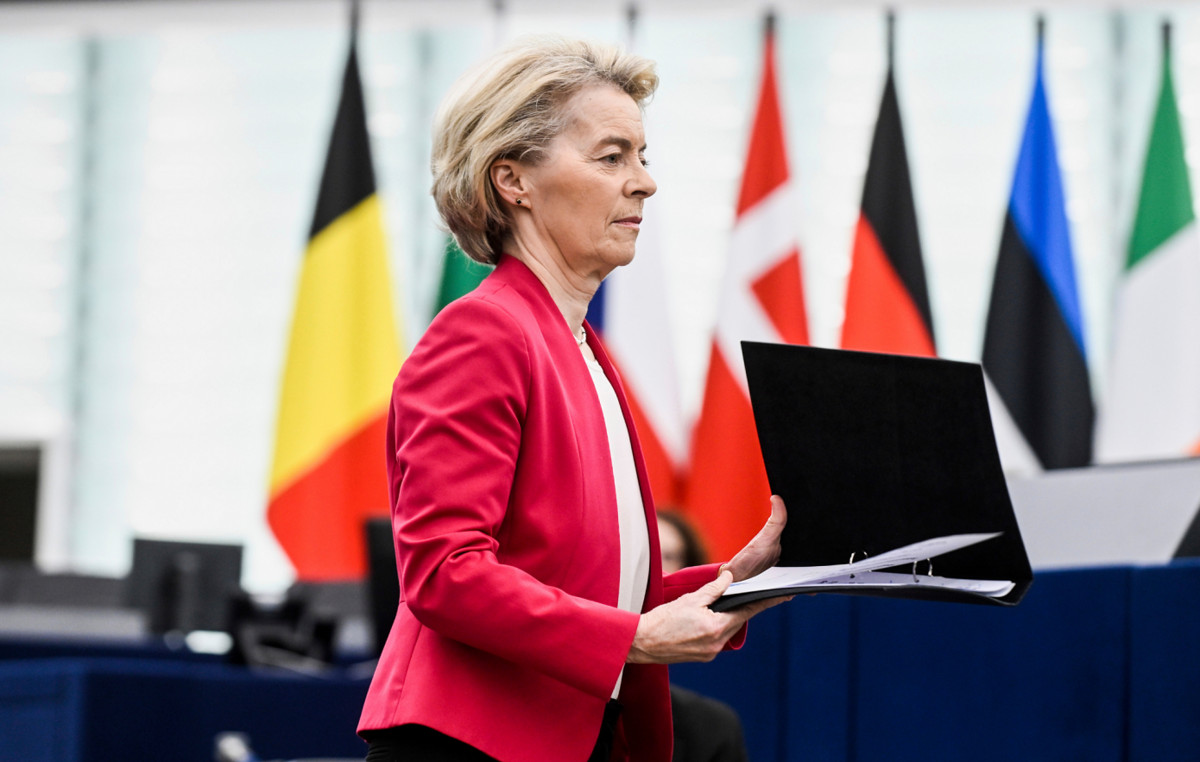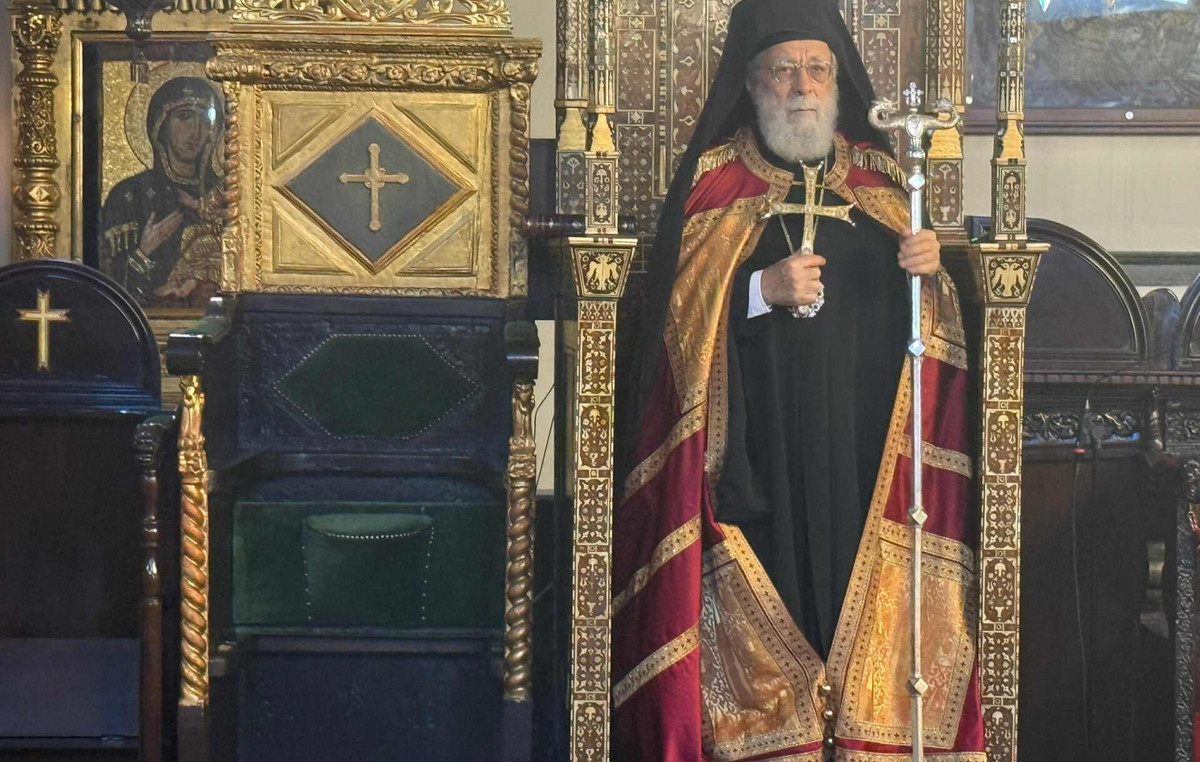Pio D’Antini and Amedeo Grieco, better known as Pius and Amedeo, they meet for the first time in school. Soon they understand that the jokes and pranks they proposed during class hours were too irresistible not to take them out of the institute, and it is for this reason that they decide to get into society by performing first in small cabaret numbers and then in the villages tourism, a training ground for all the greatest comedians and showmen in Italy. The real apprenticeship in television, however, arrives in local networks such as Telefoggia and Telenorba, where the two manage to develop a comedy linked to interaction with others and a highly incorrect approach that arouses hilarity and soon takes them on national TV , first in Rai and then in Mediaset, where they start to become popular thanks to their services to hyenas, fueled by stadium chants – those too incorrect – towards the vip of the moment. The real exploit, however, comes in 2016, when Pio and Amedeo, perhaps following in the footsteps of Checco Zalone’s characters, set up a program in which they show the inappropriateness of Italians when they travel abroad: Emigratis.
It is more or less from that moment that Pio and Amedeo divide Italy almost clearly: There are those who love them and find them irresistible and those who can’t stand them and find it hard to explain the reason for their success, showing impatience with each of their television appearances, from Friends in good company. However, things change when Pio and Amedeo develop a prime-time variety show on Canale 5 that is anything but vulgar and anything but evil: it’s called Happy Eveninga pleasant experiment full of guests and jokes strung in bursts until the two friends decide to embark in a very dangerous monologue on the meaning of the words which was certainly motivated by good intentions, but which in practice turned into an enormous boomerang, given that in that monologue – also a very divisive one – Pio and Amedeo suggested emptying the words of their meaning by authorizing, in somehow, the next one to pronounce words like «ricc*ione» and suggesting to the victim of the offense not to take it.
That monologue, in our opinion, represented a small stain in the career of the two just when we were sure we understood them. Yes, because, meeting them live on several occasions, it now seemed clear to us that Pio and Amedeo simply play two characters on the scene: those of stupid, incorrect and vulgar Italiots who work like few things in the world partly because some Italians love to look in the mirror and partly because we are all very certain that we will never end up like that, even if that threat is always behind the corner.
Now that Happy Evening – All Inclusive returns, two things are clear: the first is that Mediaset has decided to bet on the couple transforming it into the new Franco and Ciccio; and the second is that it seems more than evident that the two have taken the right path. Those who don’t appreciate their brand of comedy will continue to criticize them, while those who double over with laughter at their jokes will continue to praise them. All with serene placidity on the part of the two, who perhaps never would have expected to invoice by doing exactly what they dreamed of as children.
Other Vanity Fair stories you may be interested in:
Emigratis: Are Pio and Amedeo there or are they doing it? We tell you
Pio and Amedeo against Fedez: «Make a controversy to sell your products». The reply
Pio and Amedeo after the monologue and the criticisms: “Don’t expect an apology”
To receive the other cover of Vanity Fair (and much more), subscribe to Vanity Weekend.
Source: Vanity Fair
I’m Susan Karen, a professional writer and editor at World Stock Market. I specialize in Entertainment news, writing stories that keep readers informed on all the latest developments in the industry. With over five years of experience in creating engaging content and copywriting for various media outlets, I have grown to become an invaluable asset to any team.







